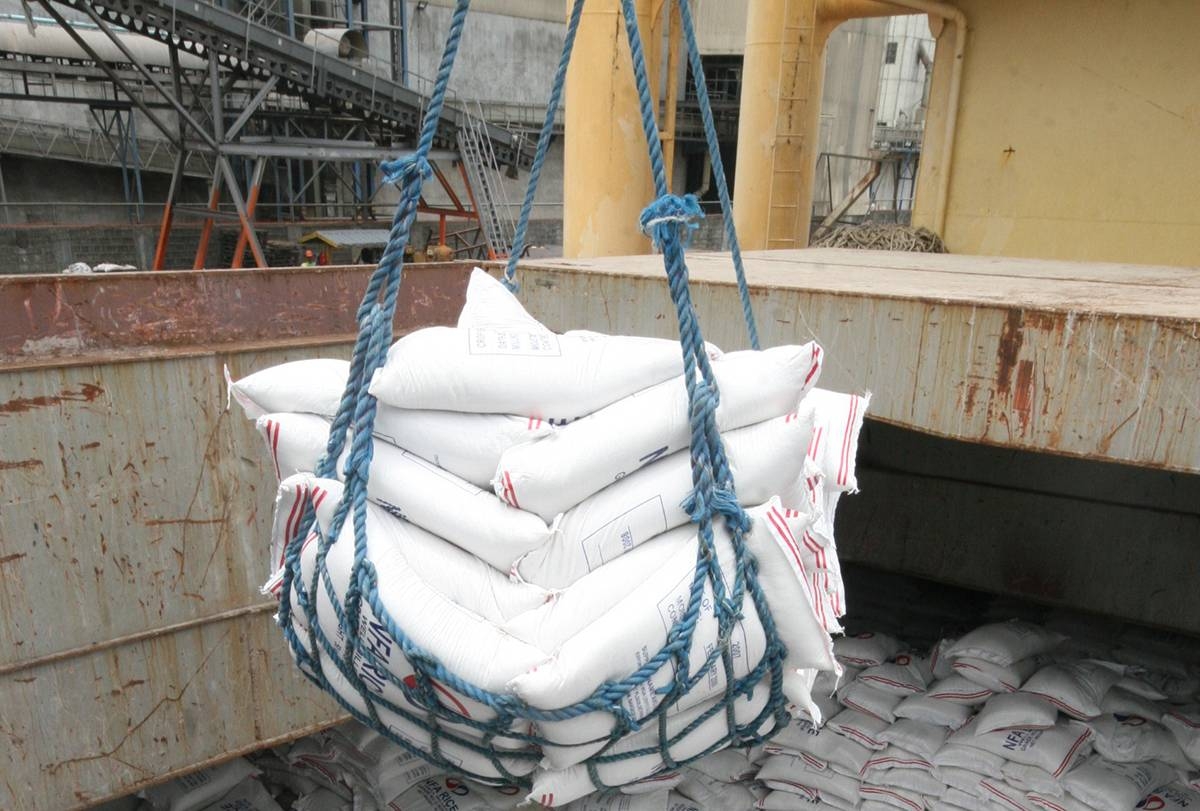Purchase of 350,000 MT Vietnamese rice delayed
SINGAPORE — Rice importers in the Philippines have delayed purchases of around 350,000 metric tons (MT) of Vietnamese rice and have been renegotiating deals, after a steep decline in prices, two trade sources with direct knowledge said. Rice prices in key exporting countries have dropped to about two-year lows after India, by far the biggest supplier of the grain, eased restrictions on overseas sales last year following a bumper harvest. "There has been a big drop in Vietnamese rice prices in the last few weeks," said one Singapore-based senior executive at an international grain trading company. "Now buyers are not willing to take the expensive rice." Rice importers had signed deals at around $620 per metric ton, free on board, for Vietnamese fragrant rice late last year, but now the price has dropped to around $500 per ton, the two trade sources said. "This is happening just before the new harvest starts in Vietnam," said the second trading source at an international rice trading firm in Bangkok. "It is a big jolt to Vietnamese exporters as some of these deals could turn into defaults." Bumper rice harvests in Vietnam, the world's No. 3 exporter after India and Thailand, will provide additional stock for international markets. "The crop is looking good, it is bigger than last year. Rice prices are likely to face more pressure," the Singapore trader said. Earlier this week, the Philippines, among the world's largest rice importers, declared a food security emergency to bring down the cost of rice, which it said has stayed elevated despite lower global prices and a reduction in rice tariffs last year. Indian prices this week hit their lowest since June 2023 while Vietnamese prices have slid to the weakest since September 2022. The rice market rallied in 2023 after India, by far the world's biggest exporter, curbed overseas sales following poor monsoon rains. But rice inventories in India surged to a record high at the start of December, reaching more than five times the government's target and potentially boosting exports.

SINGAPORE — Rice importers in the Philippines have delayed purchases of around 350,000 metric tons (MT) of Vietnamese rice and have been renegotiating deals, after a steep decline in prices, two trade sources with direct knowledge said.
Rice prices in key exporting countries have dropped to about two-year lows after India, by far the biggest supplier of the grain, eased restrictions on overseas sales last year following a bumper harvest.
"There has been a big drop in Vietnamese rice prices in the last few weeks," said one Singapore-based senior executive at an international grain trading company. "Now buyers are not willing to take the expensive rice."
Rice importers had signed deals at around $620 per metric ton, free on board, for Vietnamese fragrant rice late last year, but now the price has dropped to around $500 per ton, the two trade sources said.
"This is happening just before the new harvest starts in Vietnam," said the second trading source at an international rice trading firm in Bangkok. "It is a big jolt to Vietnamese exporters as some of these deals could turn into defaults."
Bumper rice harvests in Vietnam, the world's No. 3 exporter after India and Thailand, will provide additional stock for international markets.
"The crop is looking good, it is bigger than last year. Rice prices are likely to face more pressure," the Singapore trader said.
Earlier this week, the Philippines, among the world's largest rice importers, declared a food security emergency to bring down the cost of rice, which it said has stayed elevated despite lower global prices and a reduction in rice tariffs last year.
Indian prices this week hit their lowest since June 2023 while Vietnamese prices have slid to the weakest since September 2022.
The rice market rallied in 2023 after India, by far the world's biggest exporter, curbed overseas sales following poor monsoon rains.
But rice inventories in India surged to a record high at the start of December, reaching more than five times the government's target and potentially boosting exports.


















